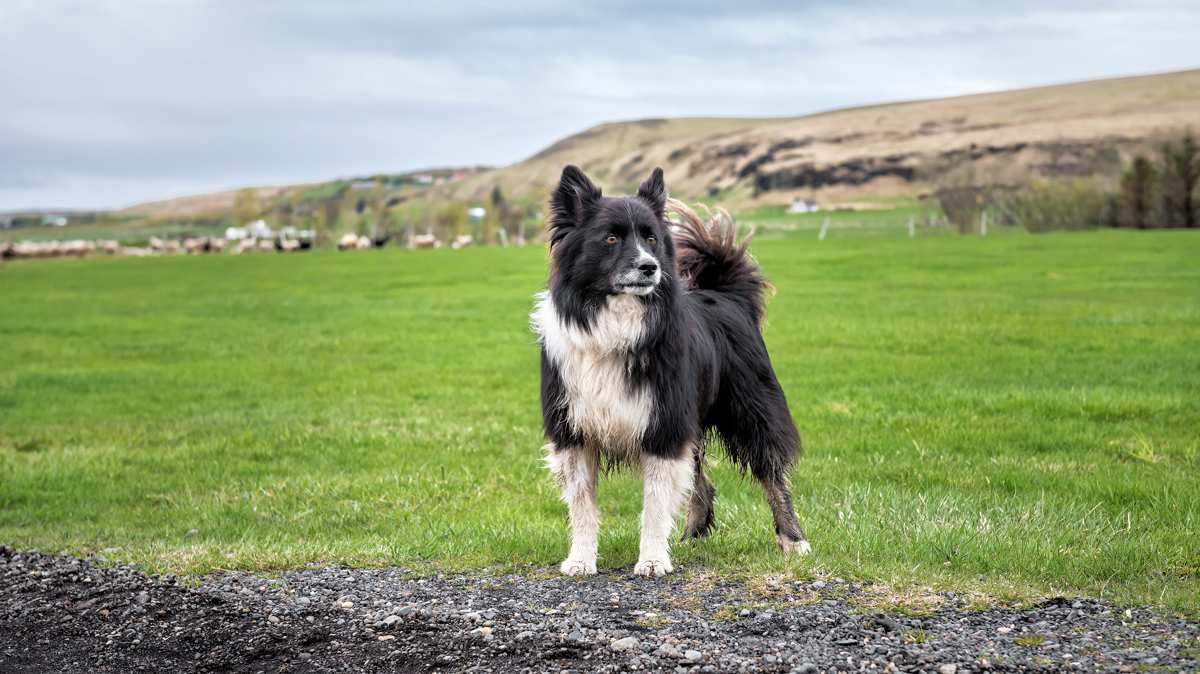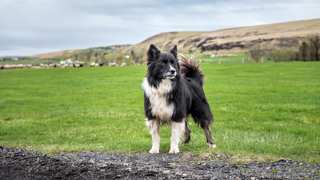Members of this breed definitely have the Spitz looks-- many people's first guess is that they are some sort of Icelandic sled dogs. They have the characteristic thick, weather-resistant double coat, the triangular, erect ears, wedge shaped head and muzzle, and the tail curled over the back. They would, for the most part look as if they should be pulling a sled across a frozen tundra if they were not only medium-sized dogs. Instead, breed has long played guardian to flocks of sheep as well as devoted family companions. This page will briefly cover the information on the Icelandic Sheepdog so you can make an informed decision whether this may be the breed for you!
The intelligence of the Icelandic is very high, as with most shepherd breeds. They require an experienced, consistent owner to train them. They are always a step ahead of you and if left bored and under-stimulated can be extremely hard to handle. Icelandics make wonderful therapy dogs and skilled search and rescue dogs.
Members of this breed are great family companions as they are happy, loving and gentle. They do well with other pets, even cats if they are raised with them. Naturally, they may be inclined to hunt small, furry critters like rats so any pet that resembles this type of creature is not a good match for the breed. Experts recommend having other dogs in the house if you spend most of the day at work or school since the breed is prone to separation anxiety.
Exercise needs can be met with long, daily walks. They also enjoy hikes, agility training, rally training and ball games. We recommend at least an hour outdoors each day and access to a fenced yard or large property.

